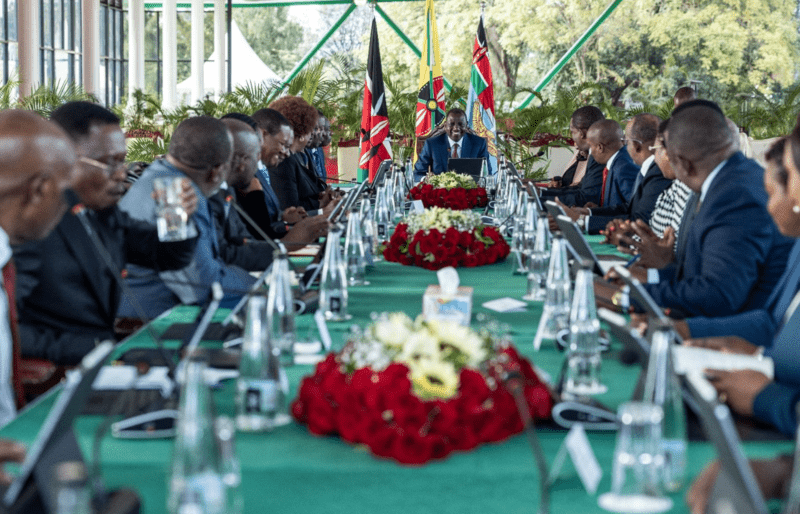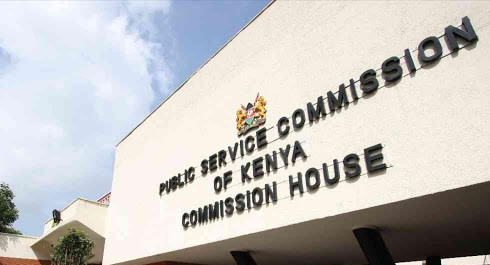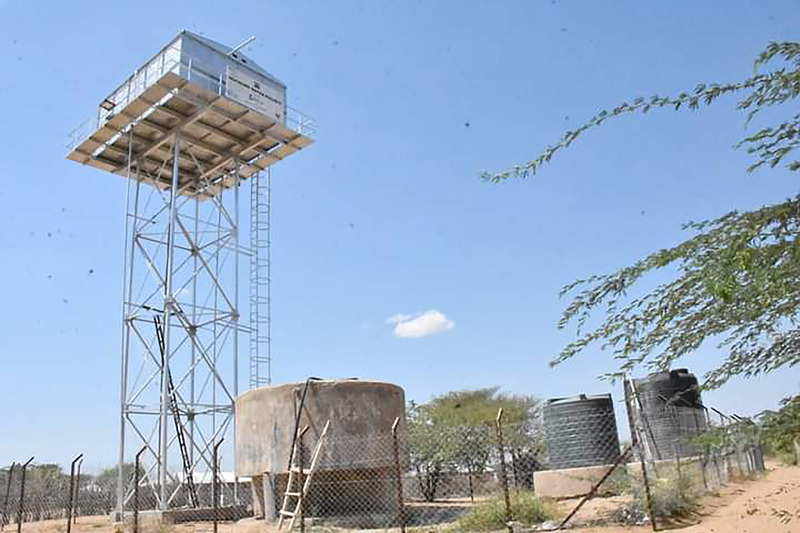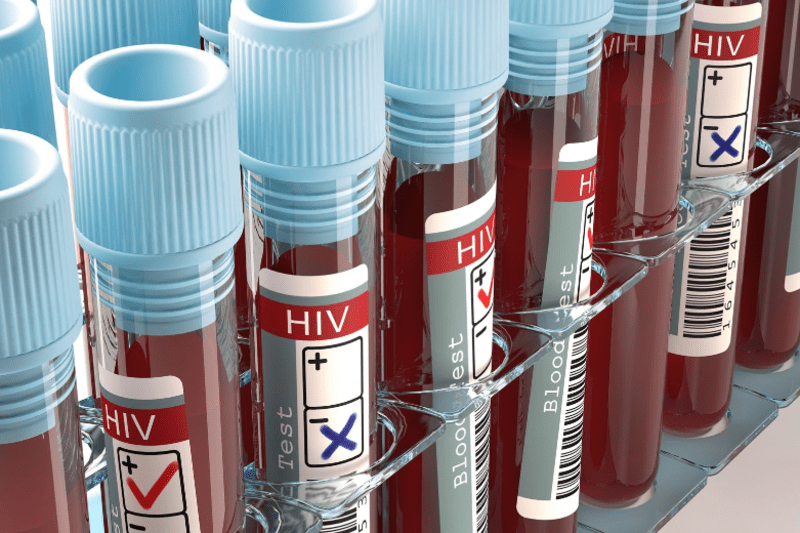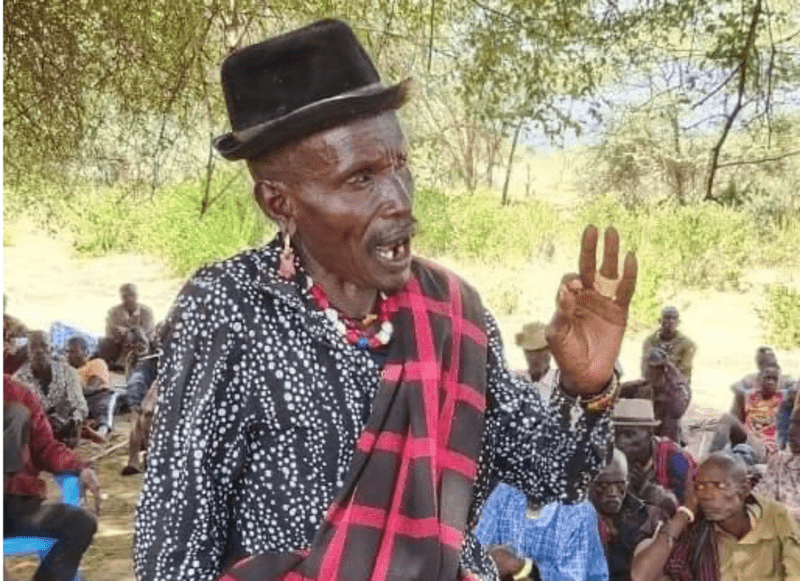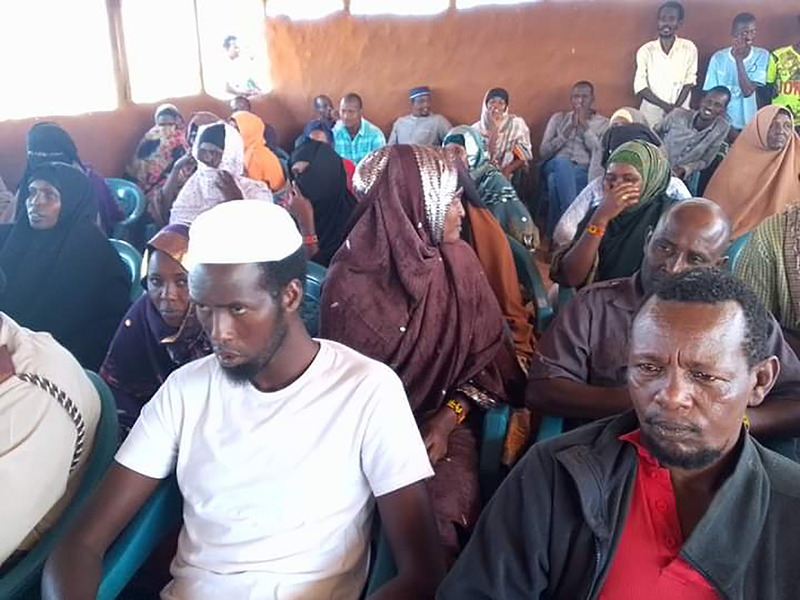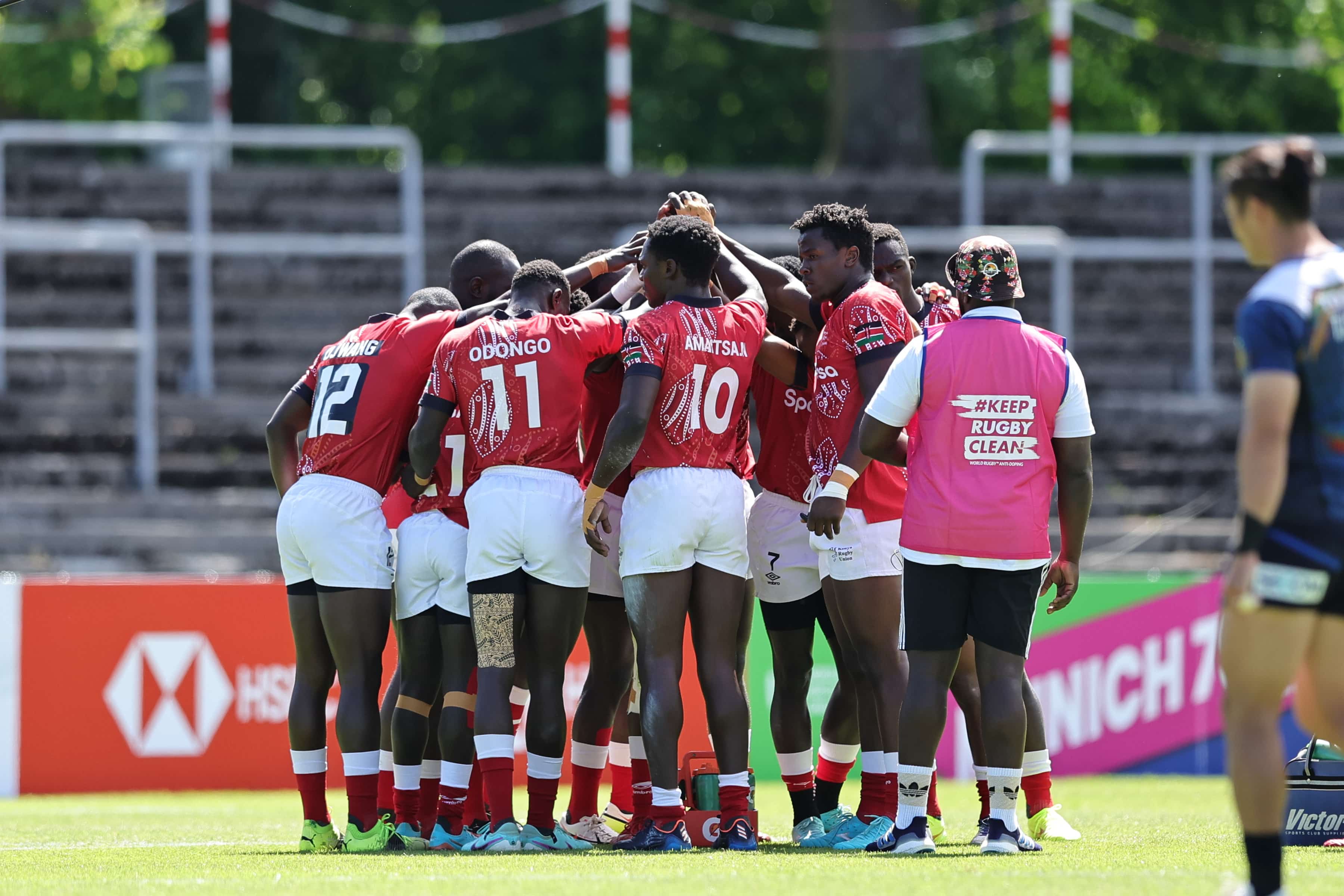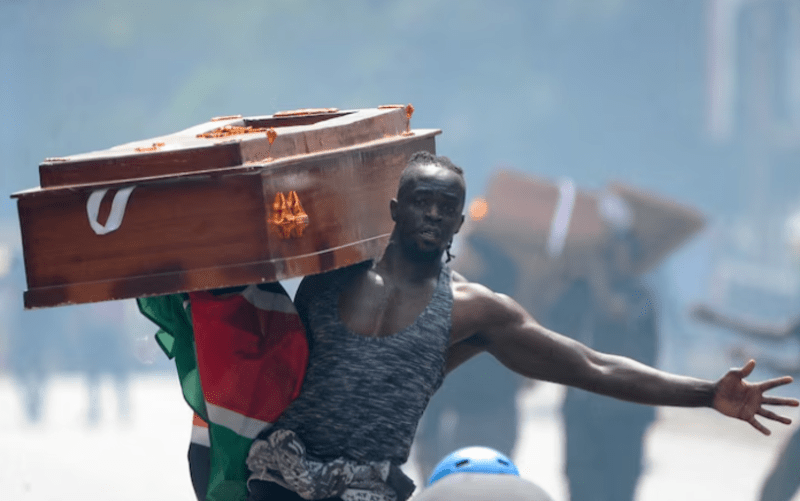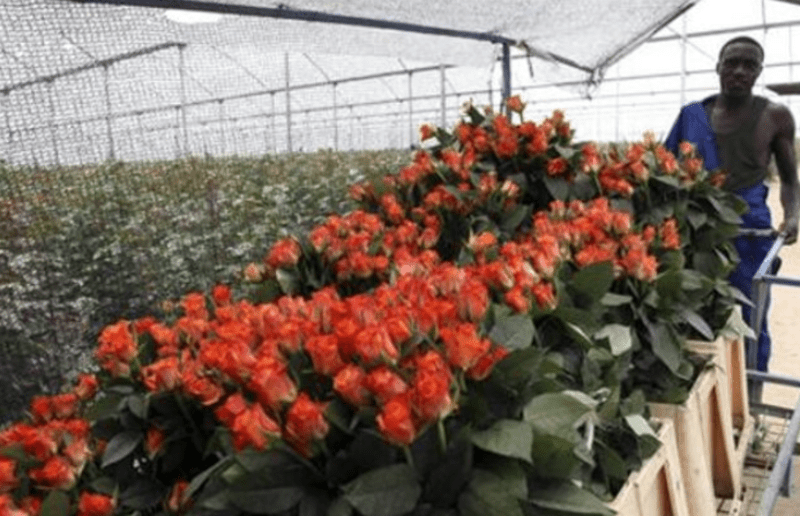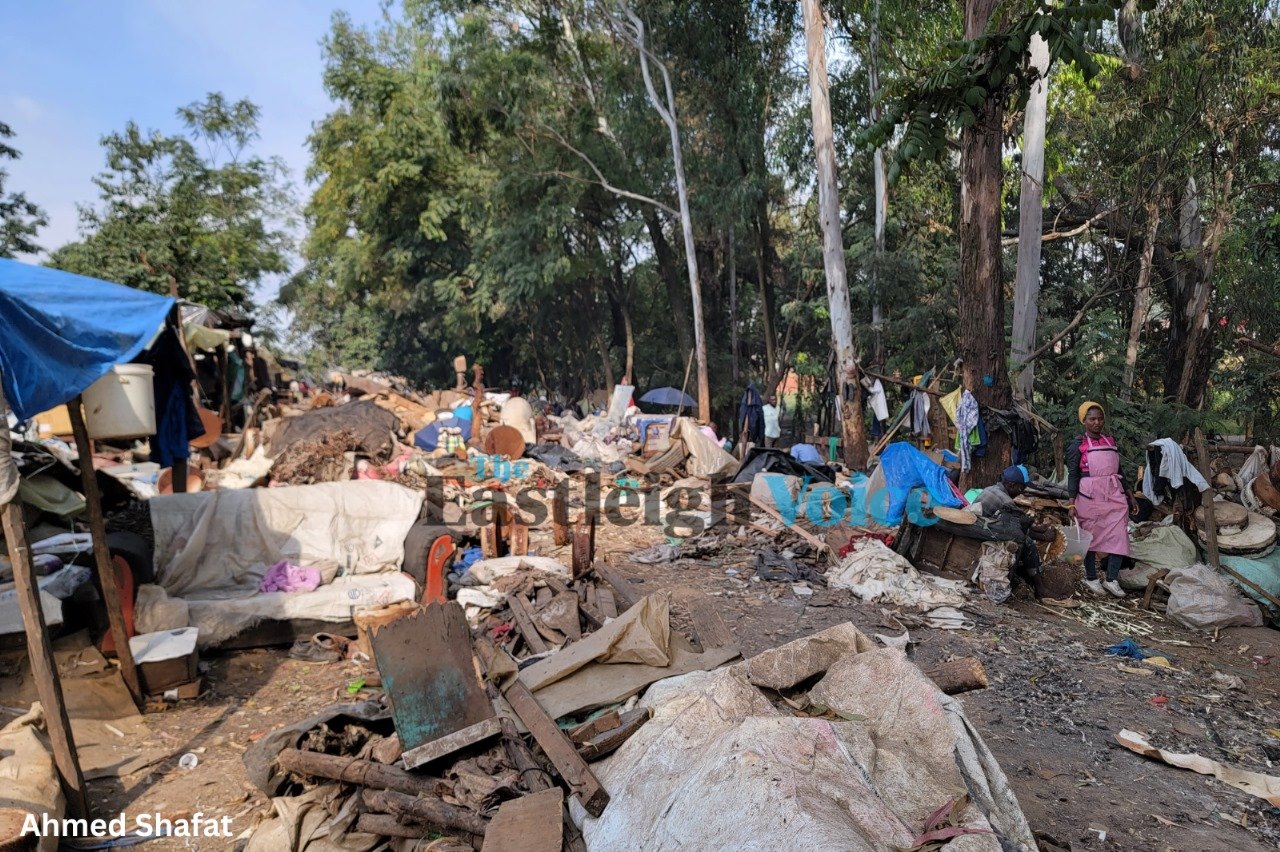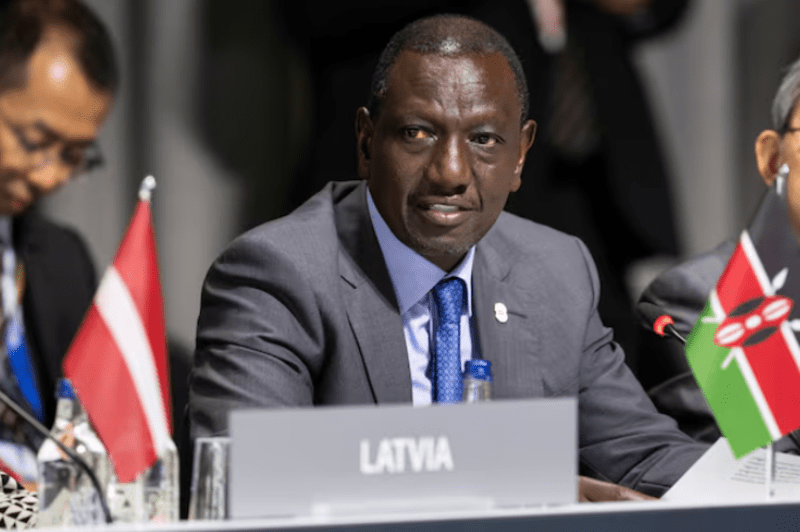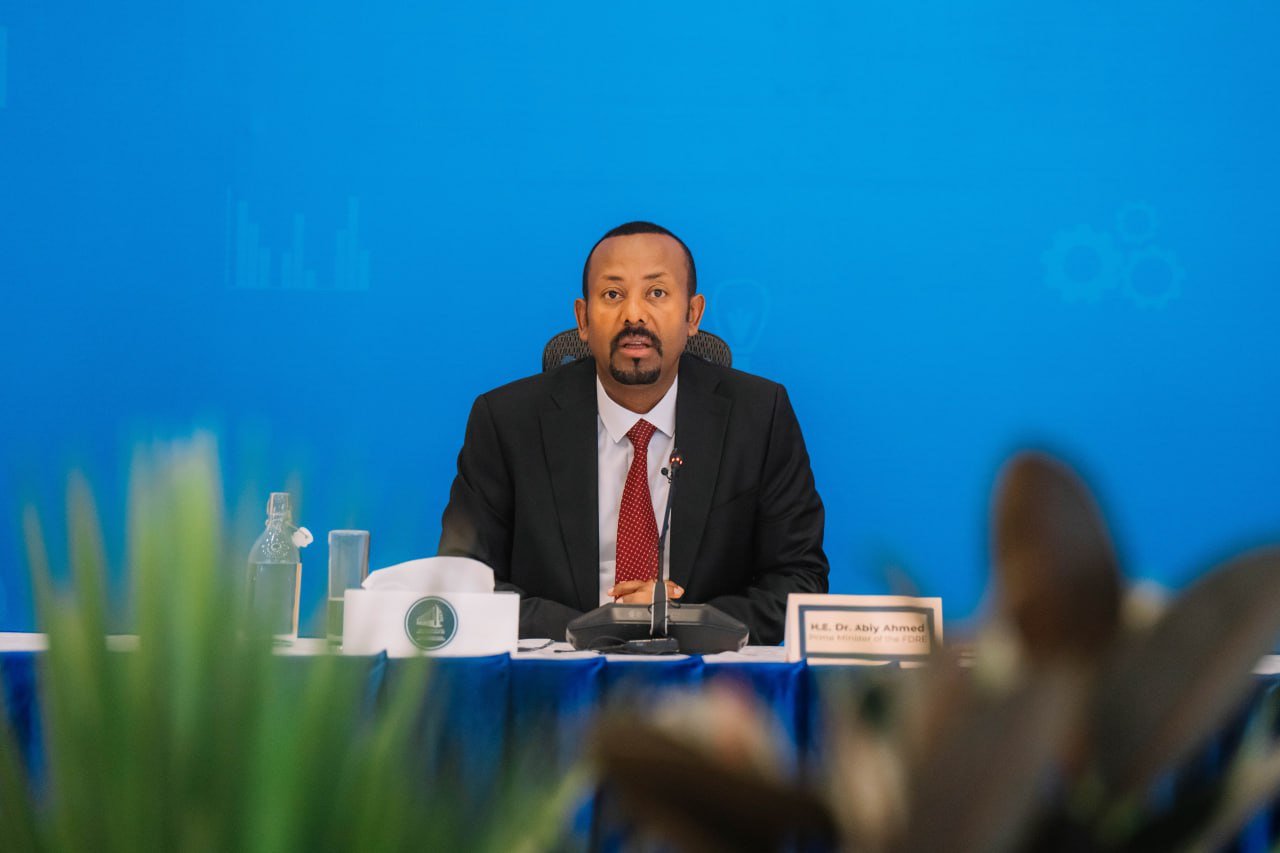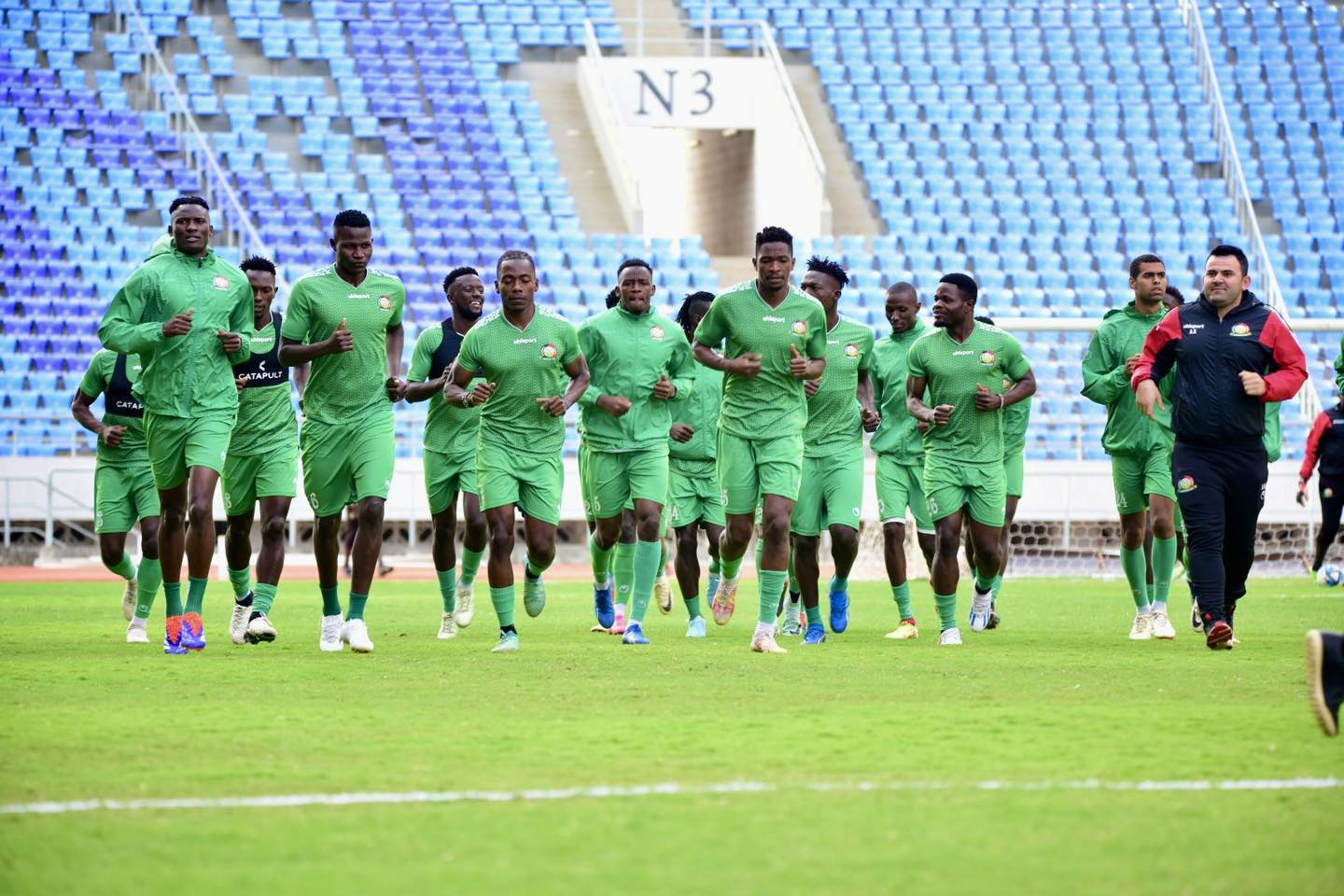Garissa's self-taught artists use art to fight FGM in vulnerable communities

By Yunis Dekow |
The artists' commitment to using art as a powerful tool for empowerment and awareness is gradually transforming cultural norms surrounding FGM in the region.
Self-taught artists in Garissa are employing art to engage young people and challenge cultural justifications for the harmful practice of Female Genital Mutilation (FGM), aiming to promote empowerment and awareness among women.
On Monday, a workshop in Kamutheey, identified as an FGM hotspot, sensitised 100 women and children on the power of art in addressing sensitive topics and making them more approachable for engagement.
Keep reading
The session delved into the complexities of FGM, its detrimental effects on girls, and other associated retrogressive practices like forced and early marriages.
Kowsar Ahmed Abdi, a self-taught artist from Garissa and a human rights advocate combating cultural justifications for FGM, expressed the aspiration to help the community understand the prevalent issues through visual expression.
"As artists, we use art because it’s our way of communicating with the community. Our illiterate community comprehends more through art than written documents," stated Koswar.
FGM remains a challenge in Kenya despite its prohibition in the 2011 Prohibition of FGM Act.
Powerful advocacy strategy
Koswar highlighted the importance of using art to engage young people in conversations about empowerment and bodily autonomy, particularly for women—a taboo topic in their community.
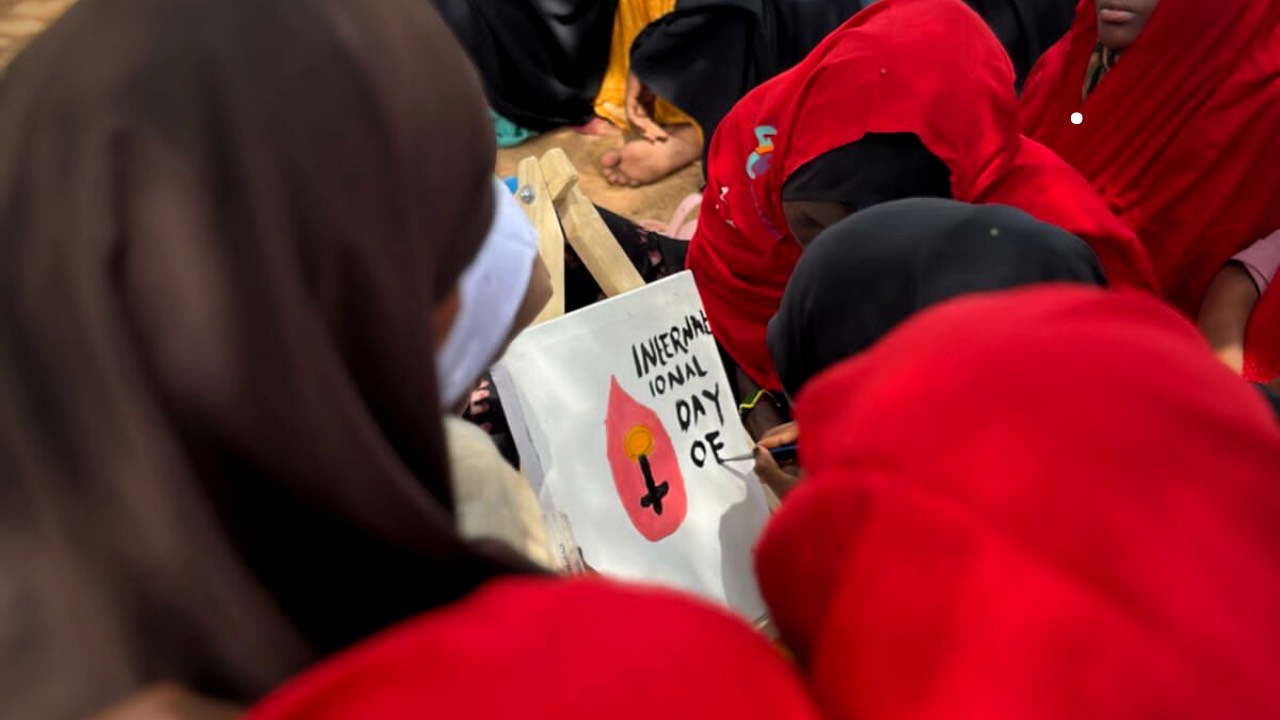 Part of the local community in Kamuthe, Garissa County during the FGM sensitisation programme. (Photo: Omar Dubow)
Part of the local community in Kamuthe, Garissa County during the FGM sensitisation programme. (Photo: Omar Dubow)
She emphasised that "art serves as a bridge, making discussions about topics like bodily autonomy more approachable for the community."
The artists, acknowledging the creativity of young people in Garissa County, aim to harness this creativity as a powerful advocacy strategy.
Ummulkheir Shalle, another self-taught artist in Garissa, supported Koswar, and together, they have conducted three art-based Anti-FGM campaigns, reaching over 300 women and 100 young children across the county.
The Africa-Led Movement to End FGM, a supported programme implemented in Isiolo and Garissa counties, underscores the pivotal role of grassroots artists in dismantling harmful traditions and advocating for positive change.
The artists' commitment to using art as a powerful tool for empowerment and awareness is gradually transforming cultural norms surrounding FGM in the region.
While noting the challenges faced by artists, Koswar expressed optimism for enhanced backing, particularly from the county's Department of Gender, Culture, and Sports.
The artists gauge the impact of their work by measuring the number of women reached and the increasing comfort of children expressing their views on FGM through art.
“Creating awareness and fostering change is evident in the evolving attitudes within the community,” added Ahmed.





